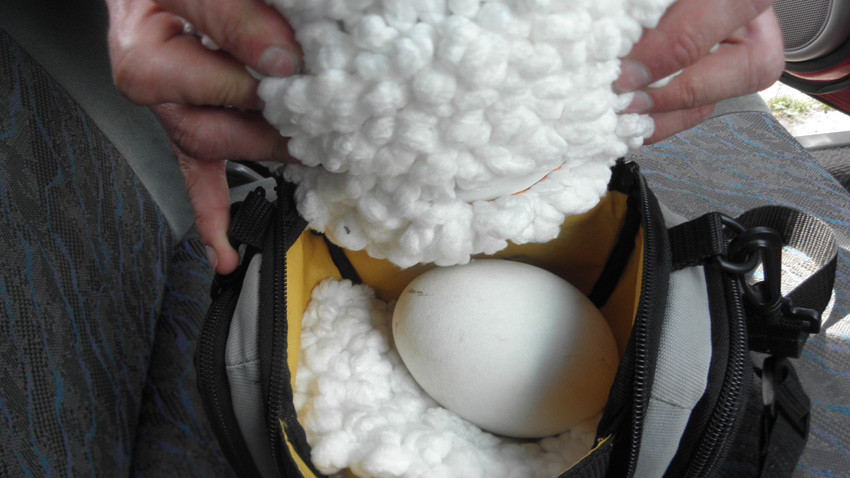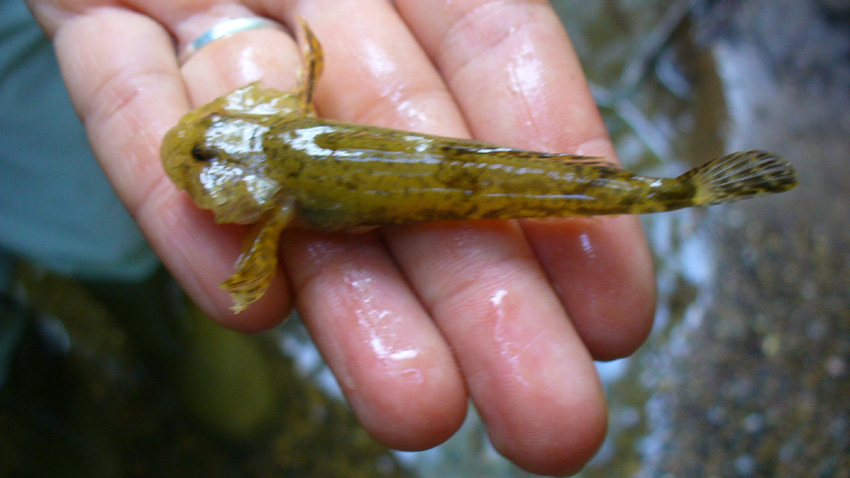Kresna Gorge is an area that is exceedingly rich in different wild flora and fauna species, part of Natura 2000. Birdlife International describes it as an essential ornithological zone.
Bulgarian environmentalists have every reason to feel proud of the restoration of the colony of griffon vultures in the gorge – a species that vanished from the territory of the country 60 whole years ago due to the widespread use of poisons by stockbreeders to ward off predator attacks against their livestock.
 At a press conference at the end of August last year the environmentalists proudly announced: “We can now say that the colony of griffon vultures has successfully been restored in the Balkan Range and in Mount Pirin.” This is the result of fifteen years of combined efforts of the environmentalists from the Green Balkans, the Fund for Wild Flora and Fauna and the Society for the Protection of Birds of Prey.
At a press conference at the end of August last year the environmentalists proudly announced: “We can now say that the colony of griffon vultures has successfully been restored in the Balkan Range and in Mount Pirin.” This is the result of fifteen years of combined efforts of the environmentalists from the Green Balkans, the Fund for Wild Flora and Fauna and the Society for the Protection of Birds of Prey.
But now almost the entire griffon vulture colony in the Kresna Gorge has been poisoned, and the cause is probably the same that made this species extinct on the territory of the country all those years ago. The number of poisoned birds is now close to 20 – that means probably all vulture couples which have started nesting this year are dead. After three weeks of tossing the blame around between different state institutions and desperate attempts by NGOs to find where the poison is coming from, the picture now is more than distressing. Obviously, the fact that the Kresna Gorge is part of the European network of protected areas has done nothing to make the work of the institutions responsible any more adequate or effective.

“It is a great pity compensation mechanisms have not been developed for the cases when farmers have had their animals attacked by predators. The only plan that exists concerns bears, but the plan of action concerning wolf attacks has not been adopted yet. This is the way to tackle the conflict between humans and large predators,” says Katerina Rakovska from the World Wildlife Fund, Bulgaria. In this case, the only reaction came from NGOs and the respective health authorities, which have research laboratories.
This is a vivid example of how Bulgaria formally endeavours to observe European environmental directives, but when a real problem arises, the institutions are utterly unprepared to tackle it, there is not the slightest coordination.
 This is something that stands out in the latest EU report on Bulgaria’s implementation of the EU’s environmental policies from February this year. The report takes note of Bulgaria’s progress in extending the scope of Natura 2000 – around one third of this country’s land territory falls under Natura 2000, covering all areas which experts say should be included in it. With one exception - a zone in Rila Mountain, home to the rare fish European bullhead. There is work yet to be done in seaside territories – data are still incomplete and the administrative capacity is yet to be reinforced. There are no management plans for protected areas and territories. There is still need to explain the idea behind Natura 2000 to the public, so as to lessen the resistance of the population to it. This will mean that people will no longer be egged on to stage protests by investors who want to develop businesses, unsuitable for territories that are part of the network.
This is something that stands out in the latest EU report on Bulgaria’s implementation of the EU’s environmental policies from February this year. The report takes note of Bulgaria’s progress in extending the scope of Natura 2000 – around one third of this country’s land territory falls under Natura 2000, covering all areas which experts say should be included in it. With one exception - a zone in Rila Mountain, home to the rare fish European bullhead. There is work yet to be done in seaside territories – data are still incomplete and the administrative capacity is yet to be reinforced. There are no management plans for protected areas and territories. There is still need to explain the idea behind Natura 2000 to the public, so as to lessen the resistance of the population to it. This will mean that people will no longer be egged on to stage protests by investors who want to develop businesses, unsuitable for territories that are part of the network.
“There are several instruments for management and protection of Natura 2000,” Ekaterina Rakovska explains. “One of them is by issuing orders. Unfortunately such orders have been issued only for part of the network – the wild birds protected zones. That is to be regretted because they set down the measures needed to protect territories. When there are no orders, a compatibility assessment has to be drawn up for every individual project or programme and that takes a lot of effort by the administration and breeds an atmosphere of insecurity among investors.”
The management plans for the regions are only drafted after the orders in question are issued. Teams of experts have already developed proposals for the steps that have to be taken in the Natura 2000 territories. The only thing it will take now is the political will to draft the documents, and for the time being, that is something that is still in short supply. And while we all wait to see this political will taking shape and gaining the upper hand over individual, private interests, the organizational chaos will continue to put a spoke in the wheels of the efforts of environmentalists, as is the case with the griffon vultures in the Kresna Gorge.
English version: Milena Daynova
Photos: BGNESNATO tests new 'no U.S.' mission model in Balkans NATO is testing its ability to deploy rapidly across Eastern Europe - without direct US support - as Washington shifts its approach to European defence and the war in Ukraine, the Associated Press..
Love blooms with renewed vigour every year on 14 February! Valentine's Day is increasingly being celebrated in Bulgaria as a holiday that inspires lovers to share beautiful moments together. Traditions include the exchange of cards, gifts and romantic..
From February 14 to 16, an event under the motto "Love and Wine" will allow Sofia residents and guests of the city to combine the Bulgarian holiday of wine Trifon Zarezan with Valentine's Day. It will be held on the pedestrian zone..

+359 2 9336 661
